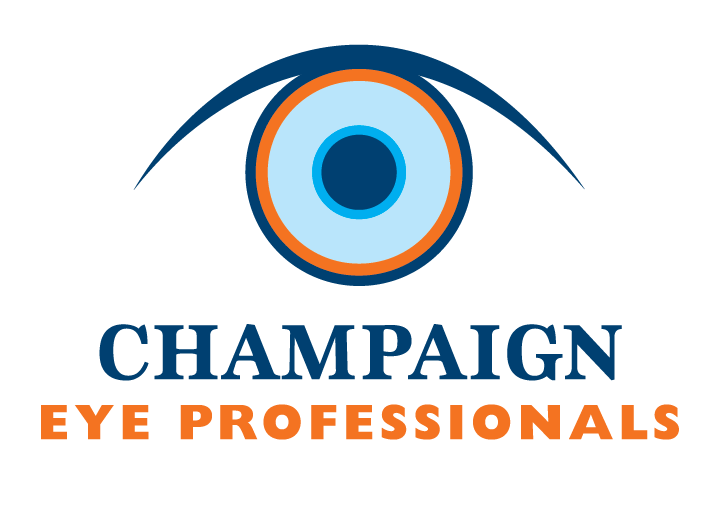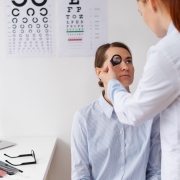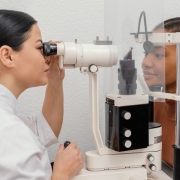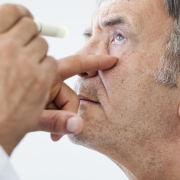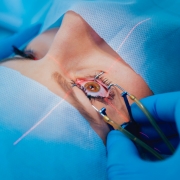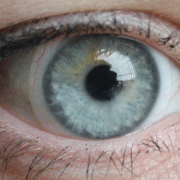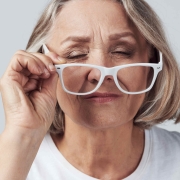Is Colorblindness a Symptom of a More Serious Eye Disorder?
Color blindness is a condition that millions of people all over the world live with every single day. However, if you’ve never experienced it before or you’re unfamiliar with the disorder, you may start to wonder if there’s something more behind the mixups. Here, we look at what color blindness is and when it may signify something more dangerous.
What Is Color Blindness?
Color blindness in Champaign, IL, is typically connected to the cones in the eyes, as these are the cells that sense color. If you don’t have all three cone cells or those that respond to red, green, and blue, you can end up mistaking green for red or blue for yellow. Color blindness can also be caused by nonfunctional cone cells, which, depending on the disorder, may result in a far milder version of this disorder.
Is Color Blindness Serious?
Typically, color blindness isn’t serious, especially in children. It can usually be managed fairly easily, though you may need to invest in special glasses or contacts to offset its effects. However, if you’re experiencing color blindness in addition to other issues, such as blurry vision, it may be related to glaucoma, macular degeneration, or diabetic retinopathy. If you’ve noticed major changes in your line of vision beyond the ability to detect hues, these disorders are serious enough to warrant an emergency trip to aneye doctor in Champaign, IL.
Treating Color Blindness in Champaign, IL
No matter what’s behind your (or a loved one’s) color blindness, it’s worth getting an expert opinion. At Champaign Eye Professionals, we can give you a comprehensive eye exam to settle the matter once and for all. Contact us today to schedule an appointment so you can rest a little easier.
